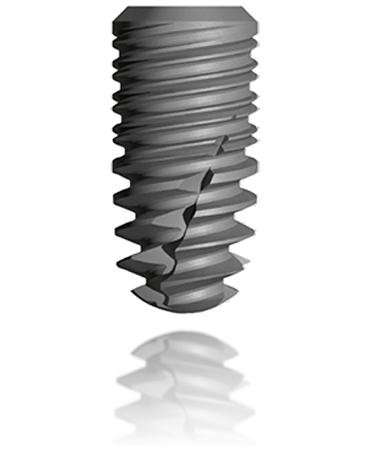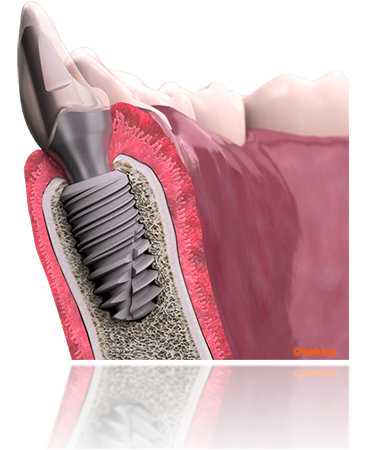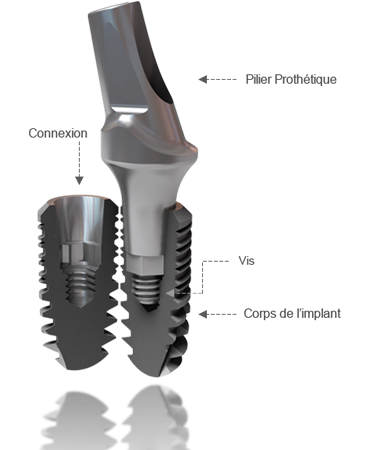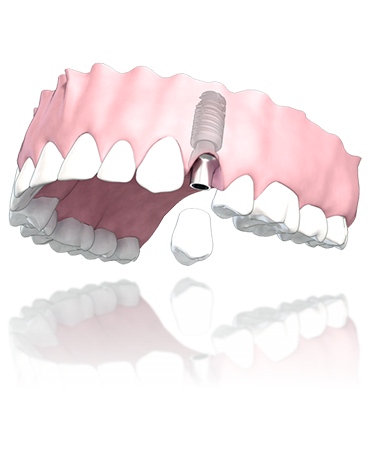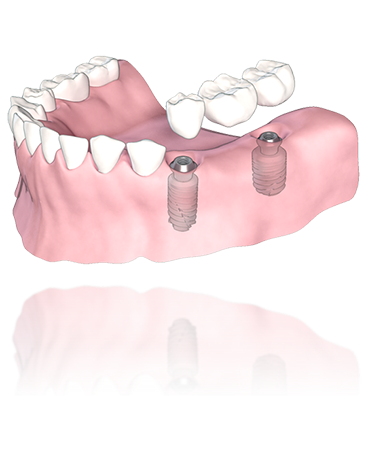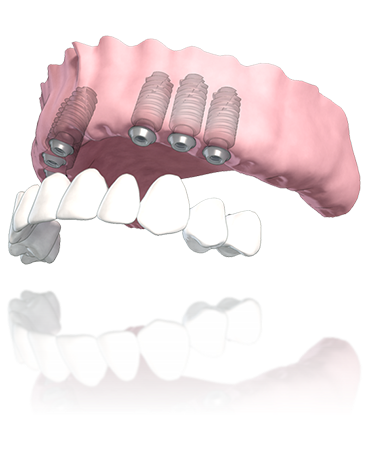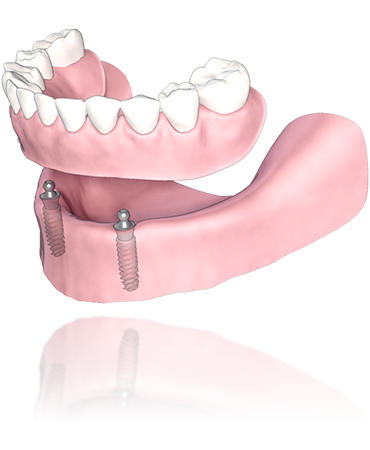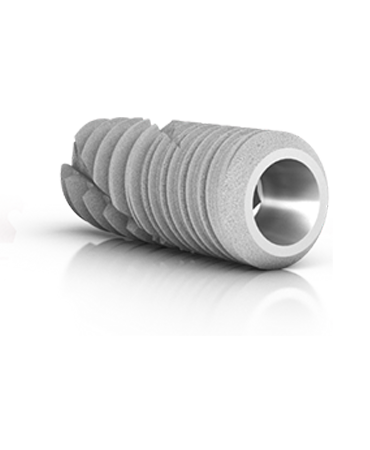First of all, the cost of a treatment varies according to the extent of the edentulism. The importance of the latter will define the number of necessary implants to support the future prosthesis and consequently the necessary budget for the realization of the project. However, it should be noted that the number of implants will not necessarily be equal to the number of lost roots. As the case may be, it is not rare to have fewer implants than roots to be replaced.
The age of the edentulism can also impact on the cost of the treatment. Generally, a loss of long-time tooth is accompanied with a bone loss which can prevent the placement of implants in situ. If that was the case, it will be necessary to plan beforehand a bone graft. These graft processed, well controlled this day, can then enter the plan of treatment and thus the quotation, in a variable way according to the importance of the graft.
Finally, strong esthetic expectations can in some cases require some specific operating techniques, to answer these requests. These contributions on the surgical or prosthetic plan can also be taken into account for the elaboration of the estimate.
These are the reasons why it is generally difficult to find precise answers to the question of implants’ cost. The price range is very variable according to the situations and the expectations of each one. As for the budget, it is strongly recommended to ask your dental surgeon who will give you a personalized detailed estimate that will be precisely adapted to your case and your expectations.

